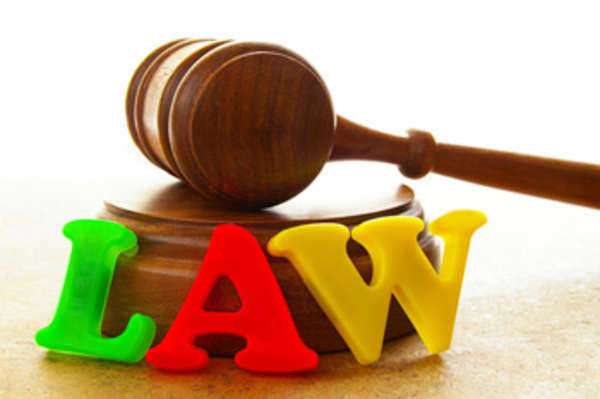Child Visitation Problems and Suggestion Overview
Child visitation problems can be a source of immense stress and conflict for families going through divorce or separation. In many cases, disputes over visitation can lead to legal battles and emotional turmoil. In this article, we will explore the most common problems that arise during child visitation and offer strategies for resolving them.
Common Child Visitation Problems
1. One parent is not following the parenting plan or schedule: This is one of the most common problems that arises during visitation. If one parent is not adhering to the visitation schedule or otherwise interfering with the other parent's time with the child, it can lead to frustration and tension.
2. The child is resistant to spending time with one parent: When children are caught in the middle of a divorce or separation, they may feel conflicted about spending time with their non-custodial parent. This resistance can lead to missed visits and further tension between parents.

3. Safety concerns: If one parent has a history of substance abuse, neglect, or other unsafe behaviors, the other parent may be hesitant to allow visitation. Safety concerns can lead to legal battles and further stress for all involved parties.
Strategies for Resolving Child Visitation Problems
1. Communicate openly with the other parent: Open and honest communication is key to addressing visitation problems. If one parent is not following the parenting plan or schedule, the other parent should address the issue directly and try to find a solution that works for both parties.
2. Seek the help of a mediator: If communication between parents has broken down, a mediator can help facilitate discussions and find solutions that work for both parties. A mediator can also help address concerns around resistance or safety issues.
3. Involve the courts if necessary: If parents are unable to resolve visitation issues on their own or with the help of a mediator, involving the courts may be necessary. A family law attorney can help guide parents through the legal process and advocate for their rights.
Conclusion
Child visitation problems can be difficult to navigate, but with open communication, the help of a mediator, and involvement from the courts if necessary, parents can find solutions that work for everyone involved. It is important to prioritize the needs of the child and find ways to maintain a positive relationship between both parents, even during challenging times.
Divorce is hard on children even in the best of circumstances. Suddenly having to divide their lives between separated parents can be overwhelming.
Even if each parent makes it their top priority to allow a smooth transition for the sake of the children, there are many times when unavoidable issues arise.
When these things happen, it is important to try and think of the best solution for the problem one is facing. There are various issues that individuals may face when dealing with a divorce, especially when children are part of the equation causing potential conflict over custody and visitation.
Abusive Spouse:
Divorcing an abusive spouse is a very difficult thing to do. It is even harder when there are children involved. The court will not necessarily deny visitation to an abusive spouse, although they are more likely to.
To be legally able to have someone's visitation terminated, it must be proven that the visits are deferential to the child's well being. A court may determine that an abusive spouse should still have the right to see their children.
If a court decides this and the abused spouse does not agree, then a good alternative would be to petition for only supervised visitation rights for the abusive spouse. This way, the abusive spouse is not alone with the child and the abused spouse does not have to interact with them.
Whether or not the court determines that supervised visitation is necessary, the abused spouse can file for a restraining order. Using a third party to pick up and drop off the child may help to keep the abused spouse safe.
Spousal Substance Abuse Issues:
A spouse who abuses drugs or alcohol is not necessarily cut off from child visitation. Child visitation is considered to be a right of each parent. However, if it can be proven that the spouse's drug or alcohol use will harm the child, it may be possible to limit visitation.
A spouse who is addicted to drugs or alcohol may only be awarded supervised visitation rights. This will keep the child safe while still allowing the parent to spend time with them.
A parent should remember that their child's health and well-being should always come first. If a parent truly feels that the spouse is a danger to the child, they should hire a lawyer and fight to have the other spouse's visitation supervised or terminated.
If the court determines that the child will not be in any danger, then it is possible that the spouse will still be allowed normal visitation. If the child is old enough, the custodial parent should instruct them to alert the authorities if they feel they or the non-custodial parent are in any danger.